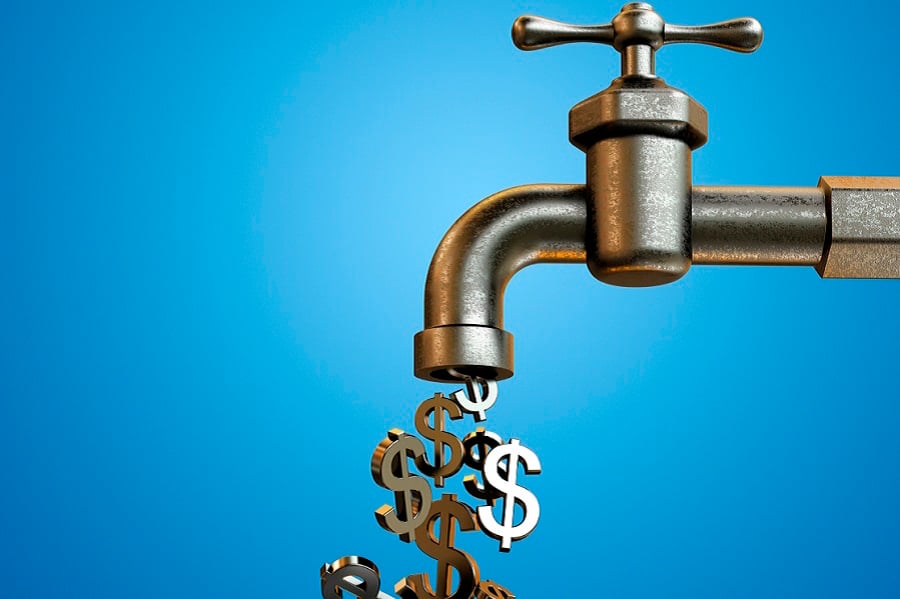The great rotation to
value continues. Whether it can last is another question.
The $38 billion iShares Russell 1000 Value ETF (IWD) took in around $1.1 billion last week, the third most since the fund started trading in May 2000. And its previous highs were from rebalances in 2007 and 2014 that were part of the annual reconstitution by Russell indexes.
As the equity market sell-off continues, strategists have encouraged investors to buy value over growth, which is in a "corrective phase," according to Bank of America Merrill Lynch technical analysts including Stephen Suttmeier. He expects growth to lag value into late 2019.https://cdn-res.keymedia.com/investmentnews/uploads/assets/graphics src="/wp-content/uploads2018/12/CI1183111219.PNG"
But the herding into value funds could be more of a gut reaction based on historical assumptions than a careful evaluation of which sectors to focus on. For example, financial stocks make up the largest allocation in IWD at 27%, meaning the fund may not be as defensive as expected considering the recent turmoil surrounding banks.
The
financials sector was the worst performing of 11 main groups in the S&P 500 Index last week, down 3.5%. That contributed to a loss of 1.8% for IWD, more than double the declines in the iShares Russell 1000 Growth ETF (IWF), which is focused on fast-growing areas like technology.
So as investors' theses develop, a reevaluation of what constitutes value in this market may be warranted.
"There's that visceral reaction that sends investors to value, and then there's a rethinking of that," said Kristina Hooper, chief global market strategist at Invesco. "You may see investors move some of that money to other places, factoring in, for example, that financials may not look like a strong opportunity in the near term."







